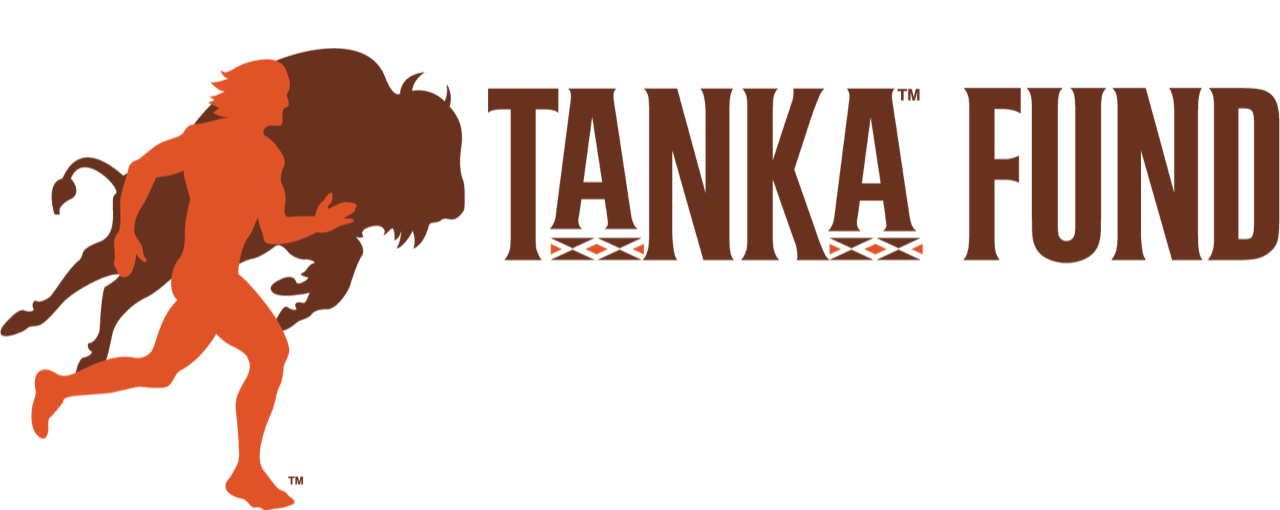Technical Service Spotlight: Water quality
Water is one of the most important, yet often overlooked, nutrients for Buffalo. An adult Buffalo typically requires 10-15 gallons of water each day, and the quality of that water directly impacts their health. Key factors affecting water quality include pH, total dissolved solids (TDS), nitrates, sulfates, and harmful microorganisms. Ruminants are especially sensitive to sulfates, which can reduce copper availability and cause severe health problems.
It is a common misconception that water quality can be judged by appearance. Clear water is not always safe, sometimes the worst water is perfectly clear, because not even microorganisms can survive there. Likewise, seeing waterfowl on a pond or knowing a source is spring-fed does not guarantee good quality. The only way to know for certain is through testing.
There are quick, affordable tools available. An electrical conductivity (EC) or TDS meter can instantly show TDS levels, and most Extension offices will test samples if you bring in a bottle from your water source. They can also assist in selecting a meter and interpreting results. Test strips are available to check pH and sulfate levels. As a guideline, water should be tested further if TDS exceeds 3,000 ppm or sulfates exceed 800 ppm (500 ppm for calves). Ideally, pH falls between 6 and 8.5.
During drought or periods of low runoff, salts in surface water become more concentrated as water levels decline. Shallow sources like ponds, sloughs, and shallow wells should be tested regularly. If you suspect contaminants such as nitrates from farming or industrial pollutants, specialized lab testing is necessary. Stagnant tanks and ponds may also develop toxic microbes like blue-green algae, sometimes signaled by an unpleasant smell or by animals hesitating to drink.
Mní Wičóni — Water is Life. If you would like more information about water testing and management, please reach out to:

